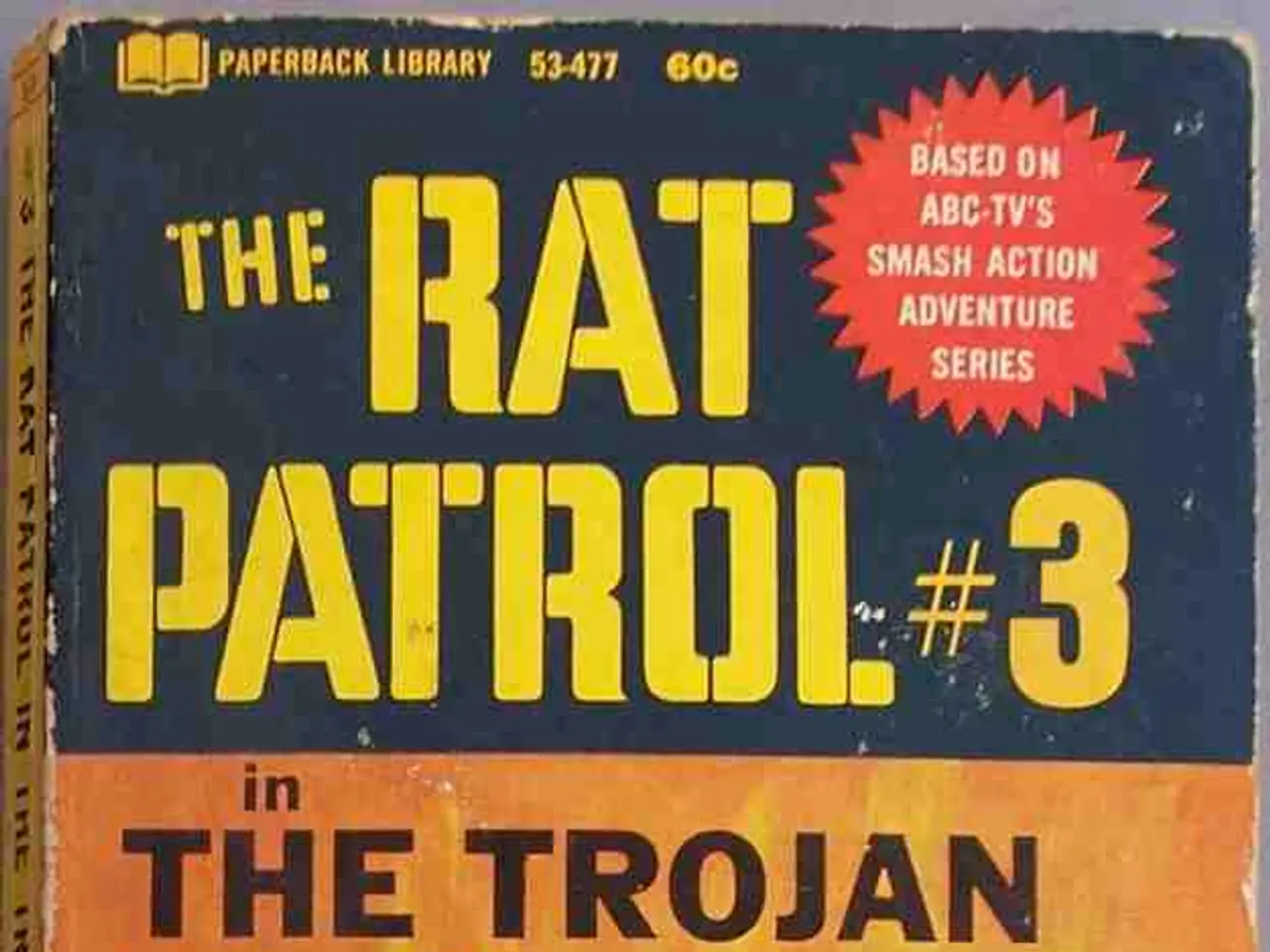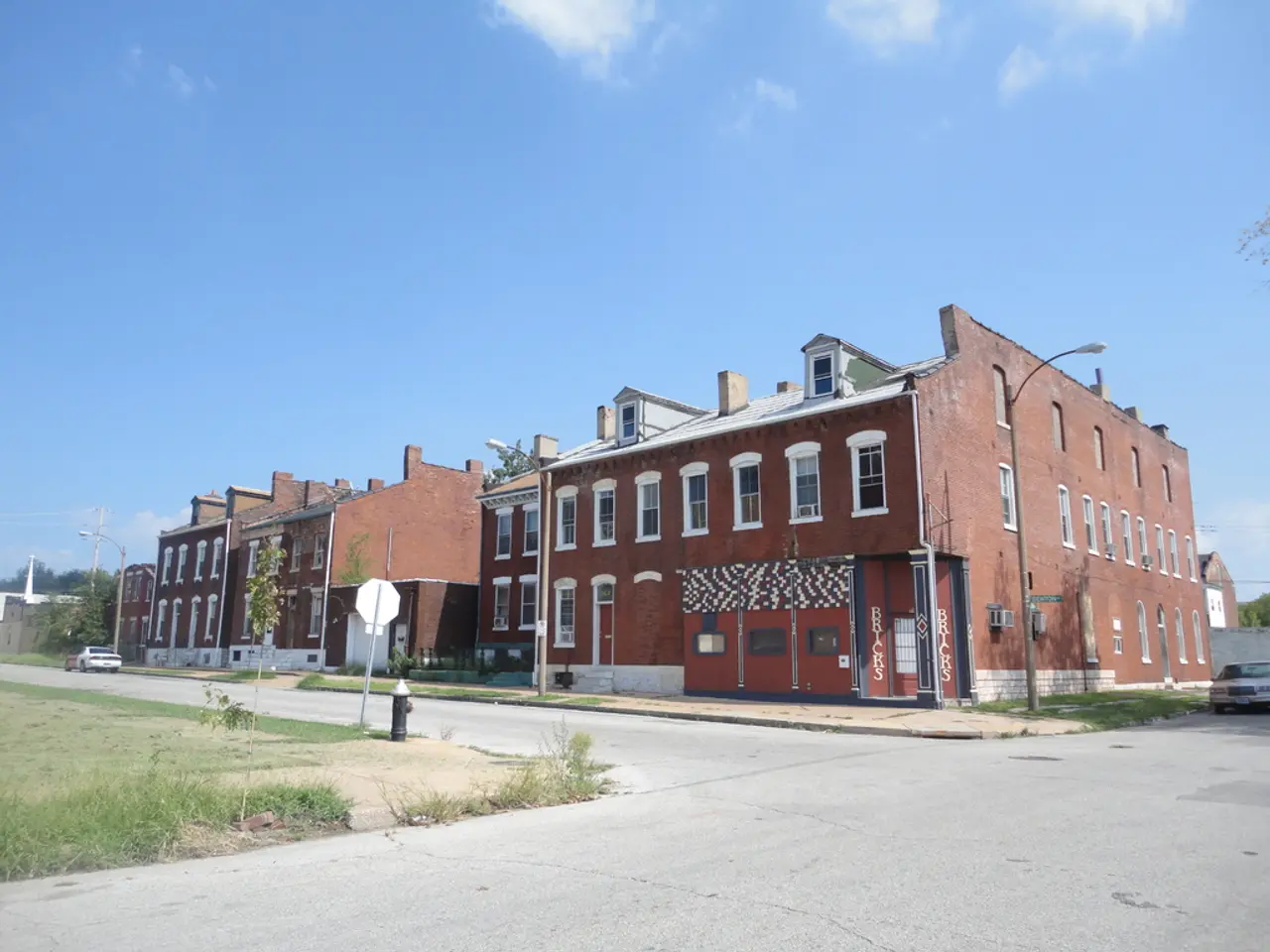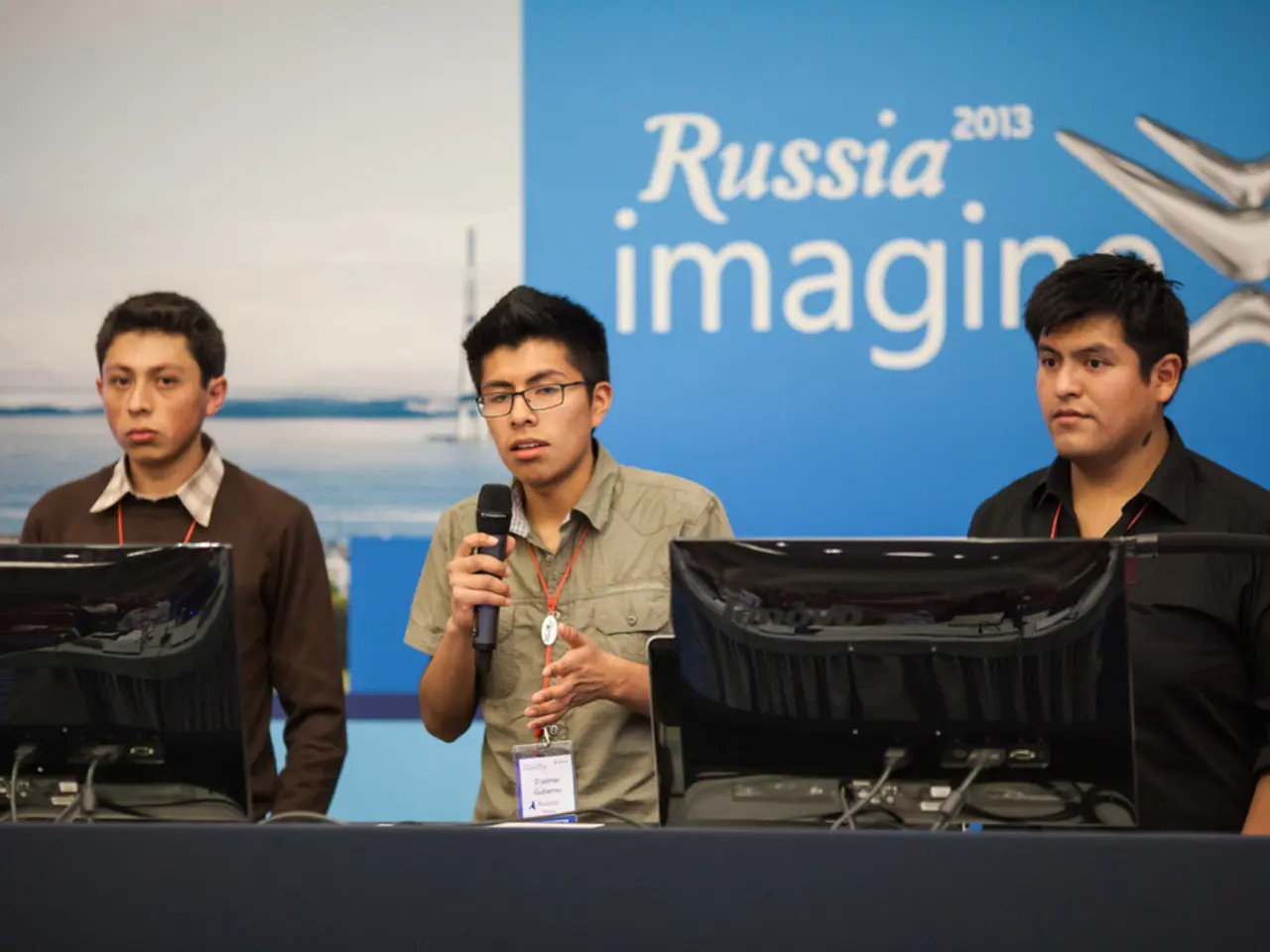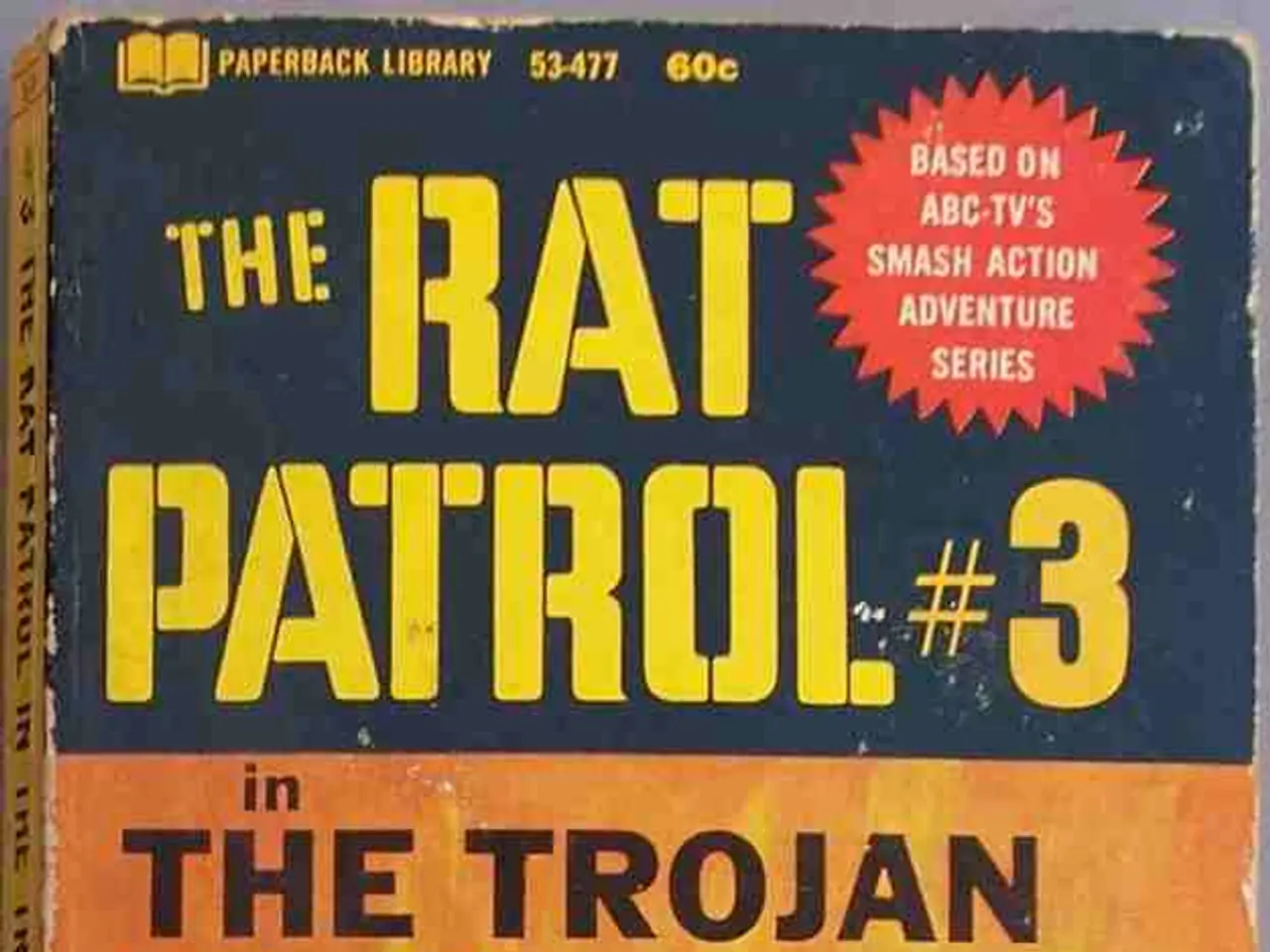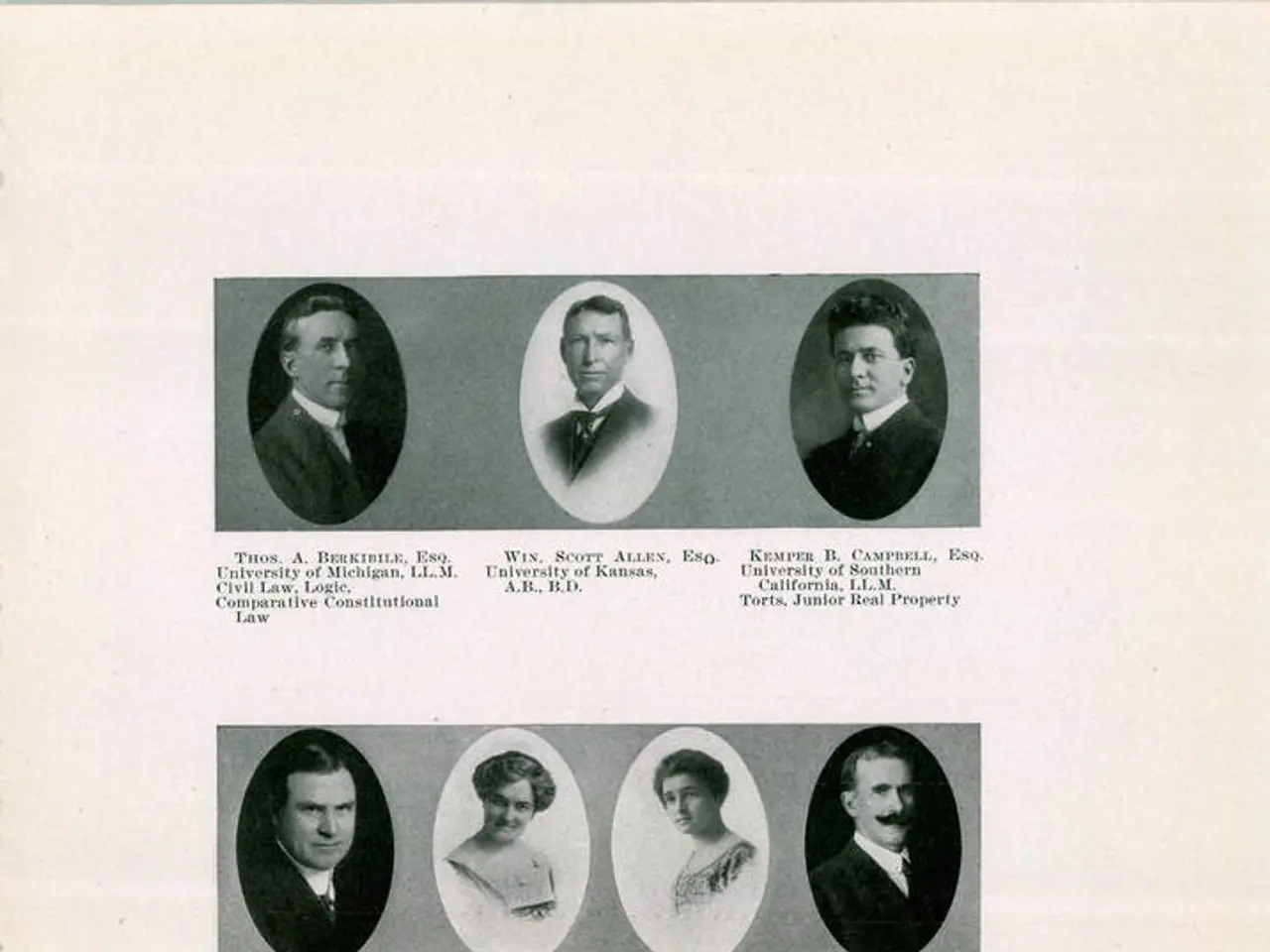Iran conducts state funerals for slain military officials and nuclear scientists, victims of Israeli airstrikes
In the Heart of Tehran, a Somber Tribute
The heart of Tehran pulsed with an air of mourning on a chilly Saturday as hundreds of thousands of citizens flooded the streets in a solemn tribute to the fallen heroes of a 12-day conflict that pitted Iran and Israel against each other.
Led by the caskets of key figures like Gen. Hossein Salami, the head of the Revolutionary Guard's ballistic missile program, Gen. Amir Ali Hajizadeh, and others, the funeral procession made its way through the bustling Azadi Street, drawing a dense crowd that chanted "Death to America" and "Death to Israel."
This conflict, initiated by Israel, was a decisive attempt to decimate Iran's nuclear program, with targeted strikes on military commanders, scientists, and nuclear facilities. Gen. Salami and Gen. Hajizadeh were among the first casualties on the opening day of war, June 13.
State media reported a staggering turnout of over 1 million people, a figure impossible to confirm independently, but the sheer size of the crowd clogged the main Tehran thoroughfare along the nearly three-mile route. Suprisingly, there was no immediate sign of Iran's Supreme Leader, Ayatollah Ali Khamenei, in the state broadcast of the funeral, which has been the norm in past commemorations.
Key political figures like Iranian Foreign Minister Abbas Araghchi and Gen. Esmail Qaani, who heads the foreign wing of the Revolutionary Guard, the Quds Force, were present at the somber event. Shamkhani, an advisor to Khamenei who was wounded in the initial stages of Israel's attack, was visibly among the mourners, leaning on a cane in images distributed on state television's Telegram channel.
The Revolutionary Guard, formed after Iran's 1979 Islamic Revolution, has grown exponentially from a paramilitary, domestic security force to a transnational power, supporting Tehran's Middle Eastern allies, including Syria, Lebanon, and Iraq. The Guard controls Iran's arsenal of ballistic missiles and has used them to attack Israel twice during the Israel-Hamas war in the Gaza Strip.
Over the course of 12 days, Israel claimed it decimated around 30 Iranian commanders and 11 nuclear scientists, while hitting eight nuclear-related facilities and over 720 military infrastructure sites. More than 1,000 people were estimated to have lost their lives, including at least 417 civilians, according to a Human Rights Activists group based in Washington.
Iran fired over 550 missiles at Israel, though many were intercepted. Despite this, those that made it through caused widespread damage and claimed 28 lives. This 12-day war demonstrated the extent of escalation and the deep-rooted animosity between the two nations.
This funeral marked the first public tribute to the fallen commanders since the ceasefire was declared on June 24, with over 60 people, including four women and four children, being laid to rest. Government offices were closed to allow public servants to attend the ceremonies. Many mourners expressed feelings of anger, defiance, and a resolve to answer any future hostilities with force.
As the smoke settled and the battlefield remained calm, the world began to focus on the repercussions of this conflict on regional politics and the state of the Middle East. The tensions have lingered, with each side employing various strategies to maintain an upper hand, and the potential for further escalation hangs heavy in the air.
- Tehran
- War
- Iran
- Israel
- The somber funeral procession in Tehran was organized in honor of key figures who were killed during the recent war between Iran and Israel.
- The war between Iran and Israel, which lasted for 12 days, was a significant event in the general news and war-and-conflicts sections of major news outlets around the world.
